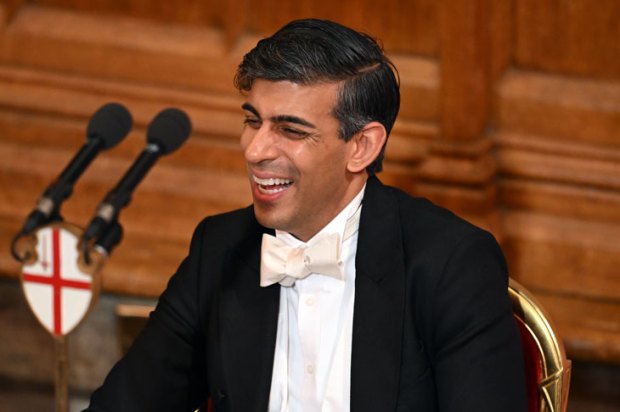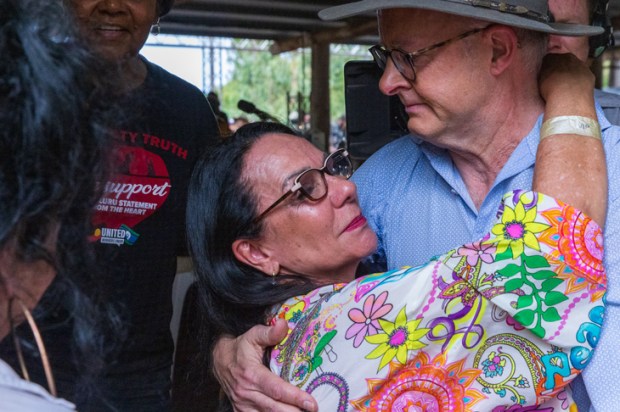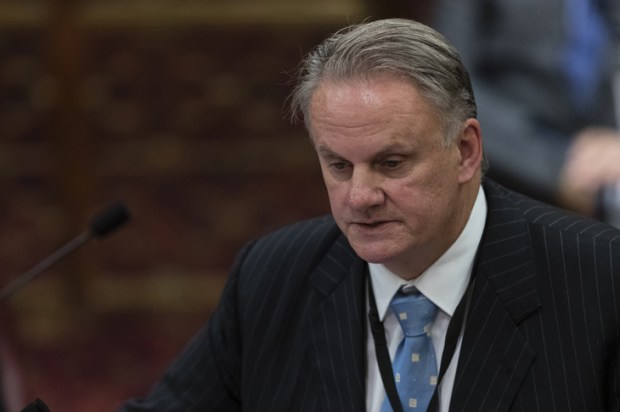I can’t help it, call me soppy or simple, but I can’t help but get a lump in my throat when I hear Silent Night whether it’s at midnight Mass or in a commercial carols by candlelight event sponsored by some huge corporation.
For a start, the words are so beautiful and the sentiments divine but I have a particular reason for feeling so sentimental, nostalgic or touched by the words and music – I was born on Christmas Day.
Ever since I can remember I have been imbued with the story of my mother, after a two-day labour, being visited on Christmas morning by doctors and nurses, in gowns and surgical masks, singing Silent Night. In keeping with hospital practice of the 1950s, I was away in a manger on my own but cannot hear Silent Night without thinking of faces of staff peeking from behind masks and caps carolling my mother.
It heralded for me a lifetime of Christmas birthdays, 63 this Christmas, and has curiously had an impact on how my family celebrated Christmas and how I have come to view the momentous moment in the history of Christianity.
The most common reaction a Christmas baby receives from others who first realise the import of D.O.B: 25.12.1952, whether at a Customs barrier, a driving test, being pulled over for an RBT, enrolling at school or just producing an ID, is: ‘Poor thing you would only get one present’ or ‘Do you only get one present?’ There are also some queries about how your birthday is celebrated – or even remembered – and, occasionally, some arch Messianic references. For me the glaring omission is the lack of reference to the centrality of the Christmas message of the family and mother and child.
Of course, being a Christmas baby, like Sir Isaac Newton and Humphrey Bogart, I may be hyper-sensitive to the human aspect of the relationship between mother and baby on Christmas morning. (As a young cousin said to my auntie: ‘Hey, mum, Jesus was born on the same day as Dennis’.)
There is no doubt that the Nativity story raises the awareness beyond normal consciousness that your birthday is a day shared with your mother, who has laboured to keep your birthday distinct and is even more poignant after her death.
The impact on the way my family and I celebrate a Christmas birthday was immediate. Even as Silent Night was rendered my grandfather went to outer Sydney to tell my father, who was looking after my brother and sister, that I had been born. After breaking the glad tidings Pop pointed out that it was Christmas Day and asked what was for lunch. My shearer-father’s reply was simple and direct: ‘Bacon and eggs’.
It was as if from the moment my mother became aware of such a rudimentary Christmas lunch that she determined two things for what was not an overly religious family, and they were that my birthday would be celebrated in its own right and Christmas lunch would always be special no matter what the circumstances.
In response to the majority who wonder if I only got one present my mother’s response was to ensure there were always two: one wrapped in the Christmas wrapping de jour with stars and Santas and one conspicuously wrapped in paper adorned with birthday balloons and party hats.
My mother’s insistence on proper recognition went further: after Christmas cake and Christmas pudding there was always a sponge – with candles – and lemon meringue pie for birthday dessert. No matter how hot or full we were the proprieties had to be observed.
I have met a handful of Christmas babies during my life and am yet to find one to suffer from the assumed fate of the so many scrooges whose first reaction is to think a child born on a particular day should miss out. I suspect the generous victory of this common lived experience over the common mean-spirited assumption is a result of the assertion of the bond of mother and child, especially at Christmas, over calculating spirit of commercialisation which doesn’t seem to be borne out in reality.
The giving of birthday presents and the con-celebration of birthday and Christmas became part of my family’s life as I grew up feeling special, not disadvantaged by being born to the strains of Silent Night.
It also probably explains my fondness for the Nativity scene. My favorite Christmas decoration as a young boy was a small brown plastic crib covered in silver sparkles with just the Holy Family and a donkey. In later life, after discovering the frescoes of St Francis in Assisi and the wonderful Italian tradition of the presepio which can range from a few figures in wood to thousands classed as individual art works. My long-suffering wife maintains that my insistence on buying new figures, and perhaps just a bubbling fountain, an illuminated campfire or a moving camel, every time we go to Italy is an obsession as the presepio grows each year and threatens to take over the dining room completely.
My argument remains that it’s my birthday and I’ll buy myself a present if I wish. Besides, for someone who grumbles about my hedonistic Christmas lunches and the commercialisation of Christmas I note that Angela, a mother of nine, including one born on Easter Sunday and another born on the Epiphany, ensures that there’s always a separate birthday present set aside from the Christmas offerings for me. Not only that, she has encouraged the children to carefully observe my birthday amidst the clamour of a Christmas day which now includes anything up to 25 immediate family members.
That separate observation includes a birthday cake with candles and on my 60th was specially prepared birthday cake of Master and Commander Galapagos fame and a ticket to the enchanted isles themselves with contributions from all the children.
Yes, I do get two presents on Christmas Day and the centrality of family rules.
Got something to add? Join the discussion and comment below.
Get 10 issues for just $10
Subscribe to The Spectator Australia today for the next 10 magazine issues, plus full online access, for just $10.
Dennis Shanahan is a columnist for The Australian
You might disagree with half of it, but you’ll enjoy reading all of it. Try your first month for free, then just $2 a week for the remainder of your first year.













Comments
Don't miss out
Join the conversation with other Spectator Australia readers. Subscribe to leave a comment.
SUBSCRIBEAlready a subscriber? Log in